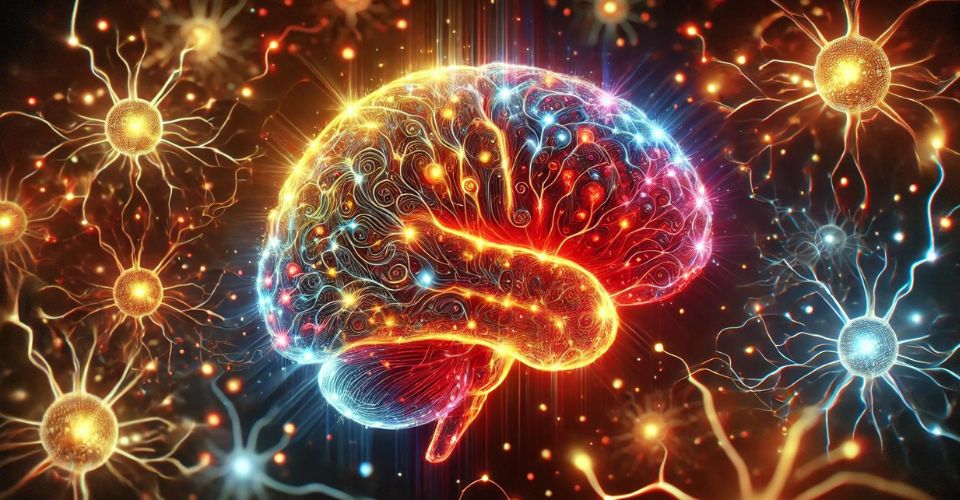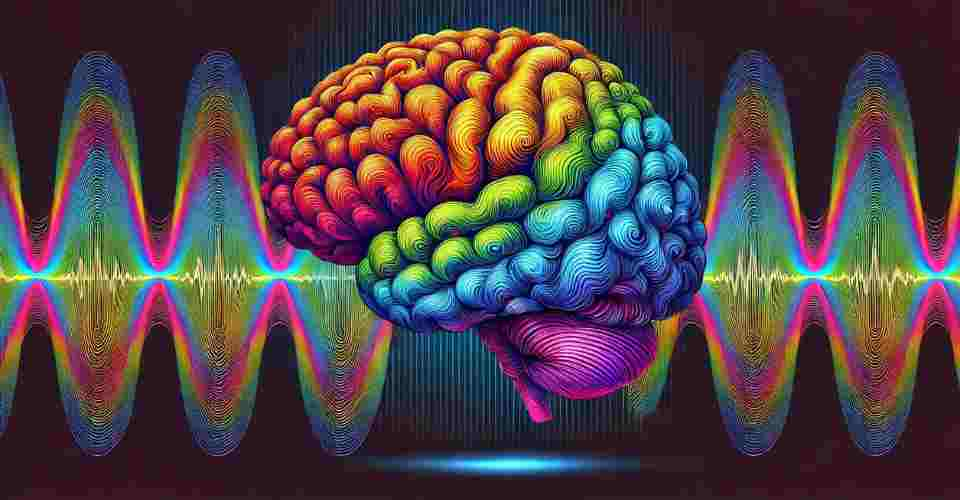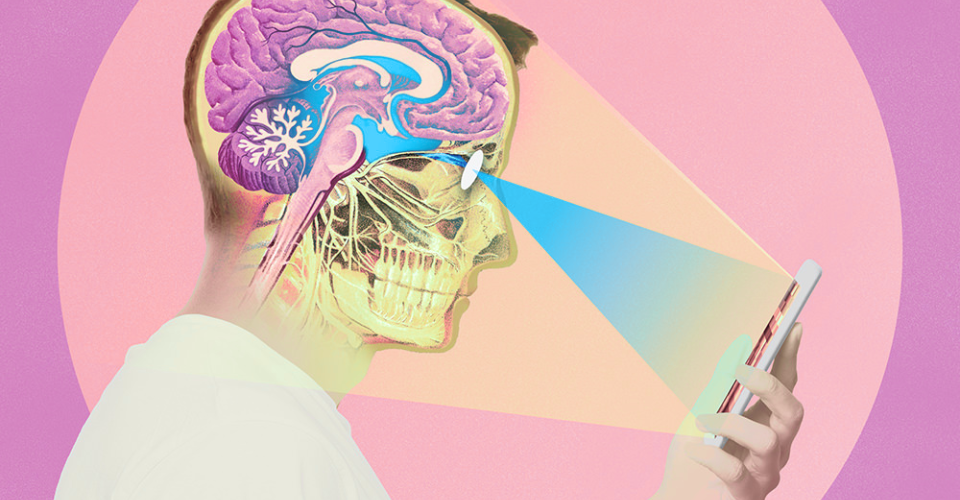In the fast-paced, high-stress world of modern living, stress has emerged as a significant threat to both our physical and mental well-being. Its impact, whether short-term or long-term, is undeniable. While many individuals strive to adopt healthier eating habits to enhance their fitness, there is a crucial aspect that often goes unnoticed is stress eating and hence, we will talk about nutrient-rich foods to combat stress eating.
Stress and dietary choices can have intricate interactions, and one of the ways this connection manifests is through stress eating. Are you among those who turn to “feel-good” foods when anxiety strikes? Read on to delve deeper into this issue.
Stress eating, often referred to as emotional eating, is the practice of turning to food as a means of coping with emotions. Certain types of foods, particularly those high in sugar and carbohydrates, can provide temporary comfort, making challenging emotions appear more manageable.
However, when emotional eating becomes a recurring habit, it can significantly impact one’s overall well-being, leading to the development of unhealthy eating patterns, overconsumption, digestive issues, and other health problems.
The Potential Benefits Of Nutrient-Rich Foods To Combat Stress Eating
Renowned celebrity nutritionist Rujuta Diwekar recently shed light on this subject through her Instagram page, offering valuable insights and advice. She recommends three foods for individuals prone to stress eating, emphasizing their potential benefits in managing emotional eating while not compromising heart health or causing cholesterol problems.
- Peanuts: This common snack item is packed with vitamin B6 and magnesium. According to Rujuta, a handful of peanuts can help combat the bloated feeling that sometimes accompanies stress eating. She suggests incorporating them into your diet as a mid-afternoon snack.
- Cashew Nuts: Cashews, another nutrient-dense nut, should find a place in your kitchen or on-the-go snack stash. The nutritionist also advises consuming them before bedtime with milk. Rich in iron and magnesium, cashews can provide an energy boost when you’re feeling low or sluggish.
- Dry Coconut: Rujuta explains that dry coconut promotes a sense of satiety, which can aid in managing stress eating more effectively. It can be consumed with jaggery or incorporated into chutneys for your lunch. Additionally, dry coconut contains lauric acid, which can contribute to improved skin and hair health.
These foods not only assist in addressing stress eating but also offer a range of other essential benefits. Rujuta emphasizes that when consumed sensibly, they pose no harm to heart health or cholesterol levels. These are wholesome options that should be considered as valuable additions to your diet.
The Link Between Stress and Emotional Eating
Stress has become an ever-present companion in our daily lives, stemming from work pressures, personal responsibilities, and societal expectations. It manifests in various forms, taking a toll on our mental and physical well-being.
One of the insidious ways stress impacts us is by altering our eating habits. Emotional eating, closely related to stress eating, is characterized by the consumption of food as a means to cope with emotional upheaval.
The connection between emotions and food is deeply rooted in our biology and psychology. Certain foods, particularly those high in sugar and refined carbohydrates, trigger the release of feel-good chemicals in the brain, such as serotonin. This temporarily alleviates stress and anxiety, providing a fleeting sense of comfort.
However, this relief is short-lived, and emotional eating often leads to a cycle of guilt and further emotional distress.
Moreover, emotional eating tends to be associated with specific emotions. Some individuals turn to food when feeling sad, anxious, or stressed, while others seek solace in food during moments of celebration or happiness.
The result is an unhealthy reliance on food as a coping mechanism, which can have detrimental effects on one’s physical health and body weight.
Stress influences dietary choices in several ways. When stressed, the body’s natural response is to produce cortisol, often referred to as the stress hormone.
Elevated cortisol levels can lead to cravings for high-calorie, sugary, and fatty foods. These comfort foods provide a temporary sense of relief from stress, albeit at the expense of overall health.
Furthermore, chronic stress can disrupt sleep patterns, which can, in turn, affect hunger hormones, leading to irregular eating habits. Sleep-deprived individuals often experience increased appetite and cravings for unhealthy foods.
Recognizing the link between stress and emotional eating is the first step toward breaking the cycle. Instead of turning to unhealthy comfort foods, individuals can adopt healthier coping mechanisms, such as exercise, meditation, or talking to a trusted friend or therapist.
Incorporating stress-reducing activities into one’s daily routine can significantly improve emotional well-being and reduce the urge to resort to emotional eating.
In addition to adopting healthier coping strategies, incorporating nutrient-rich foods like peanuts, cashew nuts, and dry coconut into your diet can be a valuable step in managing stress eating. These foods not only provide essential vitamins and minerals but also offer a sense of satiety that can help curb emotional eating episodes.
Peanuts, for instance, are a source of vitamin B6 and magnesium, both of which play a role in stress management. The magnesium content can help alleviate feelings of bloating often associated with stress eating, making them an excellent choice for a mid-afternoon snack.
Cashew nuts, with their iron and magnesium content, can provide a much-needed energy boost when you’re feeling low or fatigued. Consuming them before bedtime with a glass of milk can aid in relaxation and promote better sleep.
Dry coconut, with its satiety-promoting properties, can be consumed with jaggery or as part of a chutney, enhancing the overall satisfaction of your meals. Additionally, the presence of lauric acid in dry coconut contributes to improved skin and hair health.
It’s important to emphasize that these foods should be consumed in moderation and as part of a balanced diet. Incorporating them sensibly can help manage stress eating while contributing to overall well-being.
In conclusion, the relationship between stress and emotional eating is a complex one, and it’s essential to address both aspects to maintain a healthy lifestyle. Recognizing the triggers for emotional eating and adopting healthier coping strategies are crucial steps.
Additionally, including nutrient-rich foods like peanuts, cashew nuts, and dry coconut in your diet can provide valuable support in managing stress-related eating patterns.
By taking a holistic approach to health, individuals can achieve a better balance between their emotional well-being and dietary choices.




























